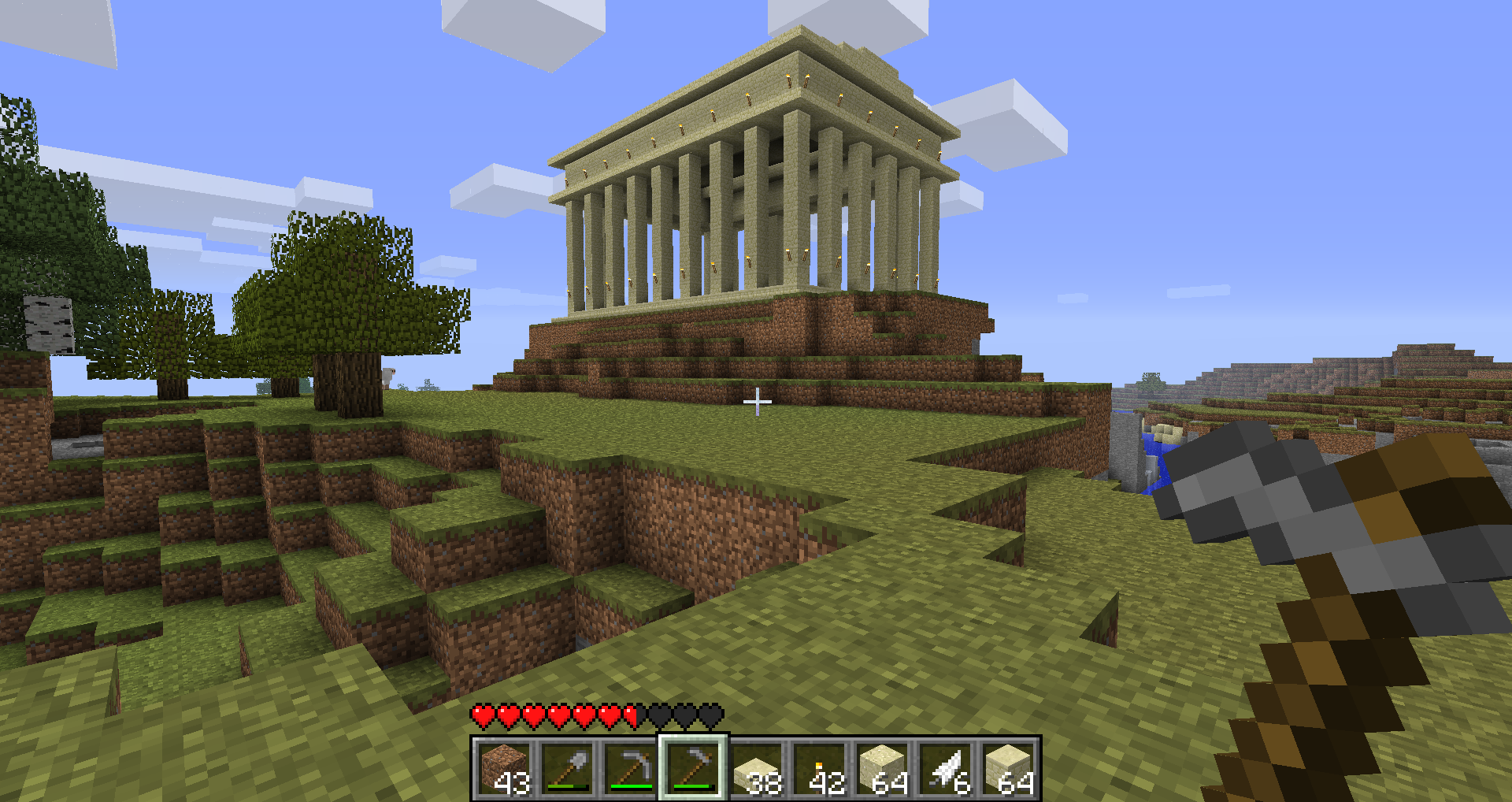 The main attribute of Gods is
creation. Thus in each cult and each culture, Gods are creators, and humans are
just the crew; therefore, Gods as creators could judge the whole creation. But our conceptions have changed, and we don’t
believe in Gods. So there was necessary a justification of God, a Theodicy. We share
Marquard’s thought: “first, in the age of
religion, God sat in judgment over humankind; then, in the age of theodicy,
humankind sat in judgment over God; finally, in the age of critique, humankind
sat in judgment over itself” (Farewell to Matters of Principle, p. 31). So,
the question is always around justification: Why is humanity not so good? Ask God;
Why do God create such evil world? Ask the humanity; and finally, why do not
humanity create a better world? Ask the humankind. It is possible to infer that
the main question asked for creation is related to its own justification.
The main attribute of Gods is
creation. Thus in each cult and each culture, Gods are creators, and humans are
just the crew; therefore, Gods as creators could judge the whole creation. But our conceptions have changed, and we don’t
believe in Gods. So there was necessary a justification of God, a Theodicy. We share
Marquard’s thought: “first, in the age of
religion, God sat in judgment over humankind; then, in the age of theodicy,
humankind sat in judgment over God; finally, in the age of critique, humankind
sat in judgment over itself” (Farewell to Matters of Principle, p. 31). So,
the question is always around justification: Why is humanity not so good? Ask God;
Why do God create such evil world? Ask the humanity; and finally, why do not
humanity create a better world? Ask the humankind. It is possible to infer that
the main question asked for creation is related to its own justification.
A similar “theodicy” or “gamedicy”
is present in videogames world. Not only from people who do not play, but from
the same gamers. Thus, first, in the 80’s
designers sat in judgment over gamers; in 90’s gamers sat in judgment over games;
currently, gamers sat in judgment over games, designers and gamers. Consequently,
everything has to find its own justification… except the people who made the
critic. Why do have GTA V such map with a big city, instead different
cities? Why is not Assassins Creed Unity more innovative? Why is No Man’s Sky soinnovative? Why
does Beyond two souls seem too much a film? However, it is not usual ask
the other side of this questions, namely: Why should have GTA V different
cities? Why should not to be Assassins Creed more conservative? etc. The answer
is offered by Marquard again:
[They] once
"had" a conscience, but when it is absolutely in advance, it has its conscience
behind it; now, instead, it "is" conscience—absolute conscience, in
fact. (Farewell to Matters of Principle, p. 31-32)
 |
| Odo Marquard (1929-2015) |
Marquard’s claim shows that critics
hide themselves behind critiques, and they would want to be the selected group
which justification is obvious. So, in religion God justifies by himself, but
then he needs his justification from another. It is the same thing with
videogames. At the beginning, games justifies by their own, but today we need
some kind of justification in order to accept any game (as cultural product, as
gender, etc.). That means just one thing: Neither God nor games (nor humans) justify
currently by themselves, but they get it just through the critics, which
critiques give justification.
My point is too close to Marquards,
i. e. justification is not the whole reason for a thing. This is not an apology
for irrationality, on contrary, it is a defense of life, daily life, which we
lives closer to our institution and traditions, than absolute justifications.
Our reason is not apart from our life; therefore justifications are related
with life. Videogames, and each cultural product is under certain “theodicy”,
it ask “why is it not better?”.[1]
The philosophical conclusion is that this question is unanswerable at all
because there is impossible any absolute justification.
So, when someone ask a justification
about a game, let him play, and then let speak about experiences, not
justifications.
you can contact with me:
[1] The same thing is about religion. Look
for a rational a priori justification of any religion or God means a lost of
the current life.



